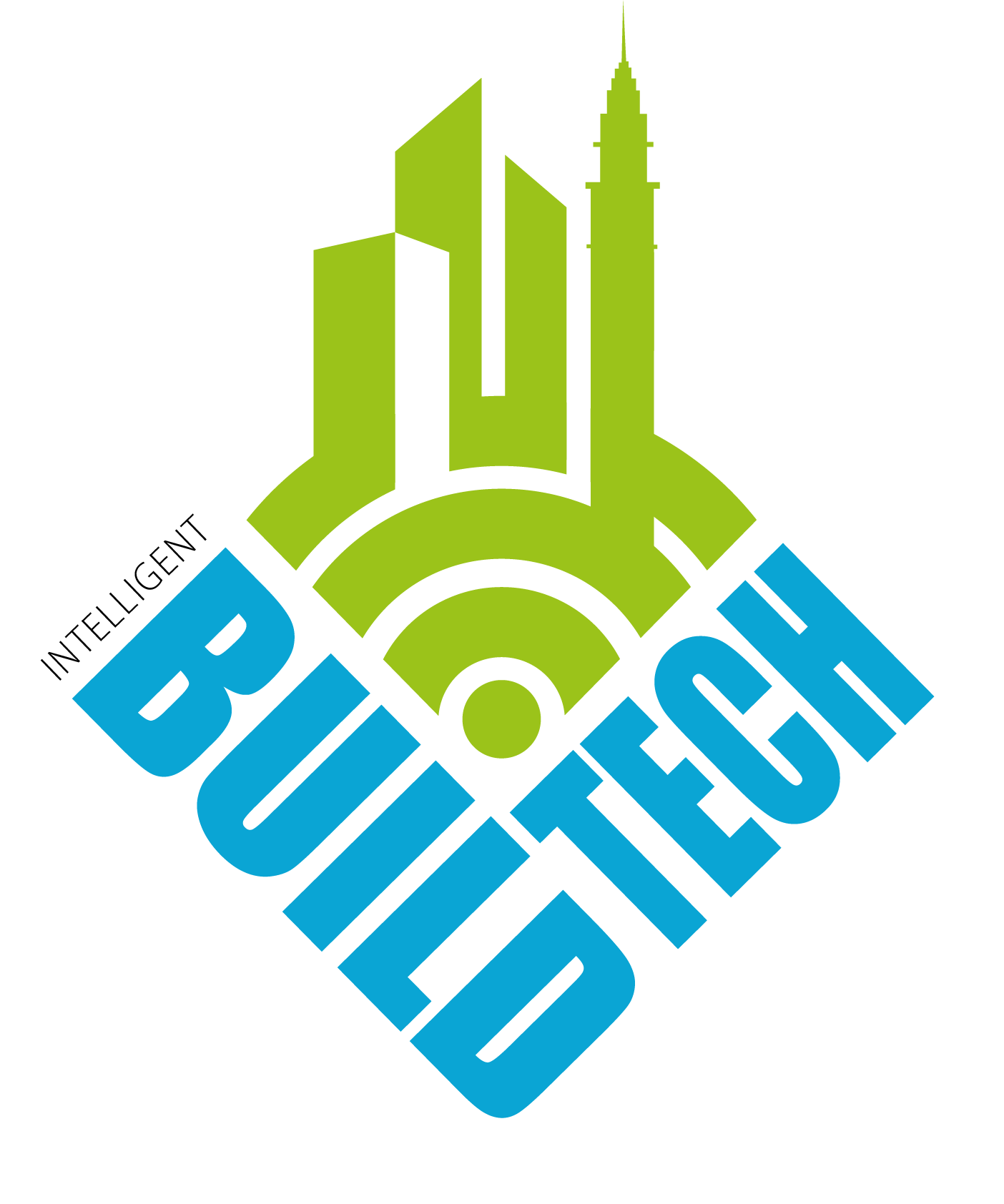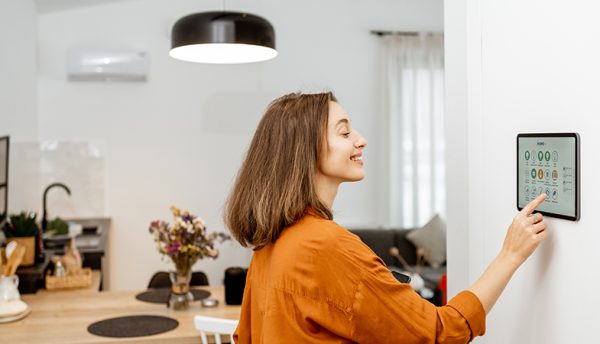A staggering 70% of UK residents now interact with a voice assistant monthly, signalling a significant tilt towards adopting Smart Home Technology. This rise in technology usage is not just about convenience; it marks a transformative shift in how individuals manage daily stress and mental health, particularly through the avenue of meditation supported by Smart Homes.
The advent of meditation-enhanced Smart Homes
The concept of meditation is as old as time, but its integration with technology is relatively new. Smart Homes across the UK are increasingly equipped with devices that control lighting and temperature and assist in meditation and relaxation practices. This trend reflects a broader adoption of technology in personal health and well-being management.
Key features of meditation-friendly Smart Homes
- Voice-activated controls: Residents can use voice commands to set moods, start guided meditation sessions, or manage ambient sounds that facilitate deep meditation
- Automated lighting systems: These systems adjust the lighting to create a calming atmosphere that enhances the meditation experience, shifting colours and brightness in sync with the day’s rhythm
- Integrated audio systems: Play soothing soundscapes or guided meditation tracks that can be activated on demand or scheduled as part of daily routines
- Environmental sensors: Control room temperature and air quality, which are crucial for creating a comfortable meditation space
Insights from the front lines
The effectiveness of a Smart Home relies on how much people actually use and interact with it in their everyday lives. To ensure these homes meet users’ needs, detailed studies focusing on how people live daily and what they expect from the technology are crucial. This helps ensure the technology is useful and adds value to people’s lives.
Jason Adler, a Software Engineer at Repocket, shares that integrating mindfulness and meditation into Smart Home Technology is not just a luxury but a necessity in today’s fast-paced world. “In creating environments that promote calm and concentration, Smart Homes are now more than functional habitats; they’re sanctuaries that actively contribute to wellness.
“What makes these smart homes revolutionary is their ability to learn from user behavior and adapt to it, enhancing the meditation experience over time without manual adjustments,” he added.
Impact on stress levels
Residents who have transformed their living spaces into tech-enabled meditation hubs report notable decreases in stress and anxiety levels.
Incorporating meditation into your daily routine can significantly lower stress levels. It is suggested that you meditate for about 20 minutes daily at any time that fits your schedule.
Here are some ways through which smart homes have positively impacted their mental health:
- Routine encouragement: By setting reminders for meditation, individuals find it easier to commit to regular practice
- Tailored meditation experiences: Adaptive sound and lighting systems customise experiences that cater to individual needs, making meditation more appealing and effective
- Reduced physical barriers: The technology-handling environment setup allows users to enter meditation sessions effortlessly, leading to more consistent practice
The future is now
Embracing Smart Technology for mental health practices isn’t just smart; it’s a game-changer. As technology advances, the potential for more nuanced and personalised wellness experiences in smart homes appears limitless.
Are you ready to let technology guide you towards a more serene lifestyle? Adler added: “What makes these smart homes revolutionary is their ability to learn from user behaviour and adapt to it, enhancing the meditation experience over time without manual adjustments.”


